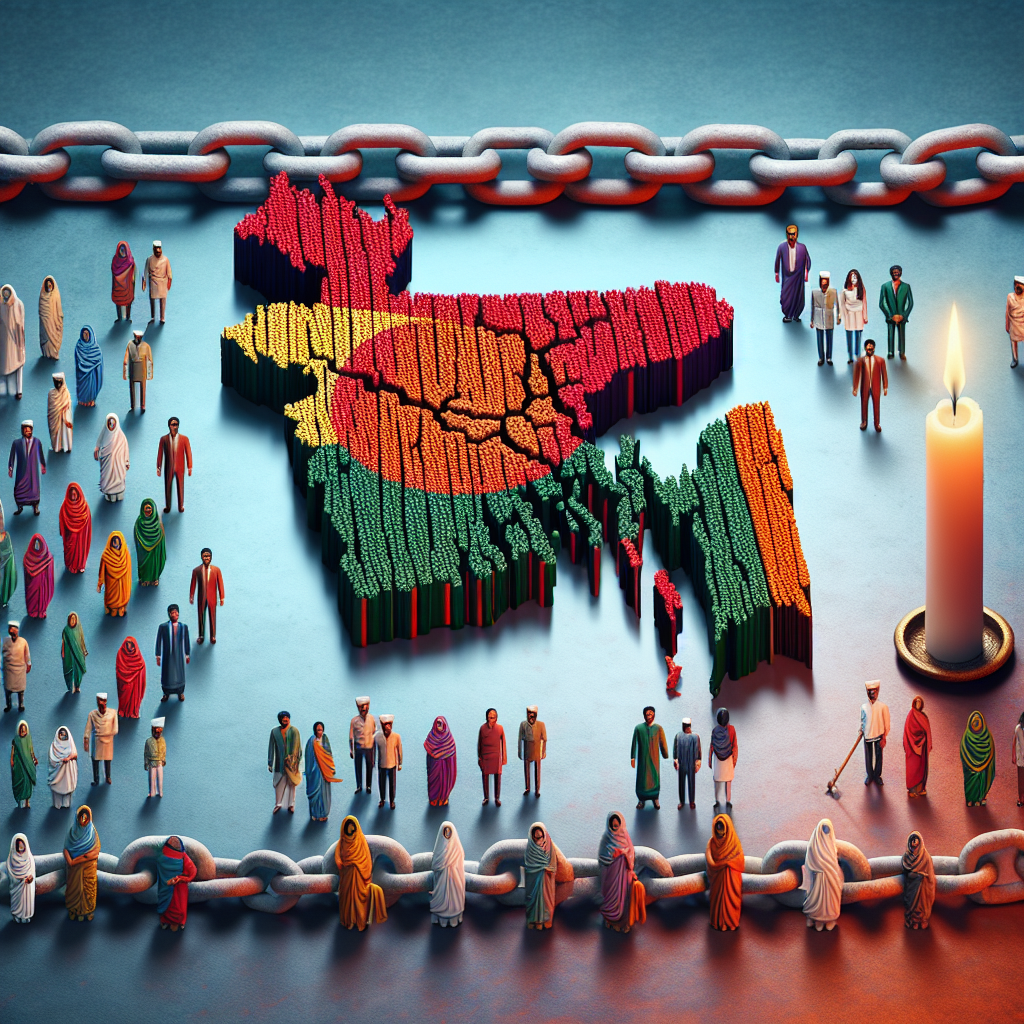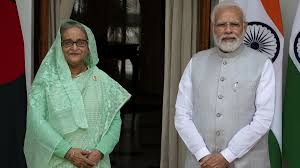Domestic exporters on Monday expressed concern over the crisis in Bangladesh and said that the developments in the neighboring country will affect bilateral trade. Exporters, however, hope that the situation may return to normal soon. According to exporters, they are already facing obstacles in exporting there due to the shortage of foreign currency in Bangladesh. Concerns have also increased about the perishable goods that have arrived for export to Bangladesh at the Indian border. Bangladesh Prime Minister Sheikh Hasina has resigned and an interim government is holding power in the country.

Trade will be affected
More than 100 people have died in the protests against the Hasina government in the last two days. Ajay Sahai, director general of the Federation of Indian Export Organisations (FIEO), said, “We are facing some disruptions due to the crisis in Bangladesh, but we hope that the situation will improve soon and the trade will not face any challenge.” Sanjay Budhia, a West Bengal-based exporter and managing director of Patton, said that since the two countries have close economic and geographical ties, this crisis can have a significant impact on India’s trade.
These goods are exported
India exports a wide range of goods to Bangladesh, including cotton, machinery and food products, while importing goods such as jute and fish. Budhia said supply disruptions could affect these sectors and any crisis leading to border closure or increased security could disrupt the flow of goods. Yogesh Gupta, regional chairman (eastern region) of FIEO, said that this development would have an impact on bilateral trade. He said, “Such incidents affect the movement of goods across borders.”
Huge shortage of dollars in Bangladesh

Sharing similar views, Praveen Saraf, owner of PSY Limited, said that the crisis in Bangladesh will have long-term effects and will harm bilateral trade. PSY Limited exports many items including spices, food grains and chemicals to Bangladesh. Research institute GTRI said that Bangladesh is facing a severe shortage of dollars, which has limited its ability to import from other countries including India. Apart from this, rising inflation has also reduced domestic demand. Ajay Srivastava, founder of Global Trade Research Initiative (GTRI), said that it is necessary to protect garment and other factories due to political turmoil in Bangladesh. Apart from this, it is also necessary to keep the cross-border supply chain open to maintain trade and economic activities.




